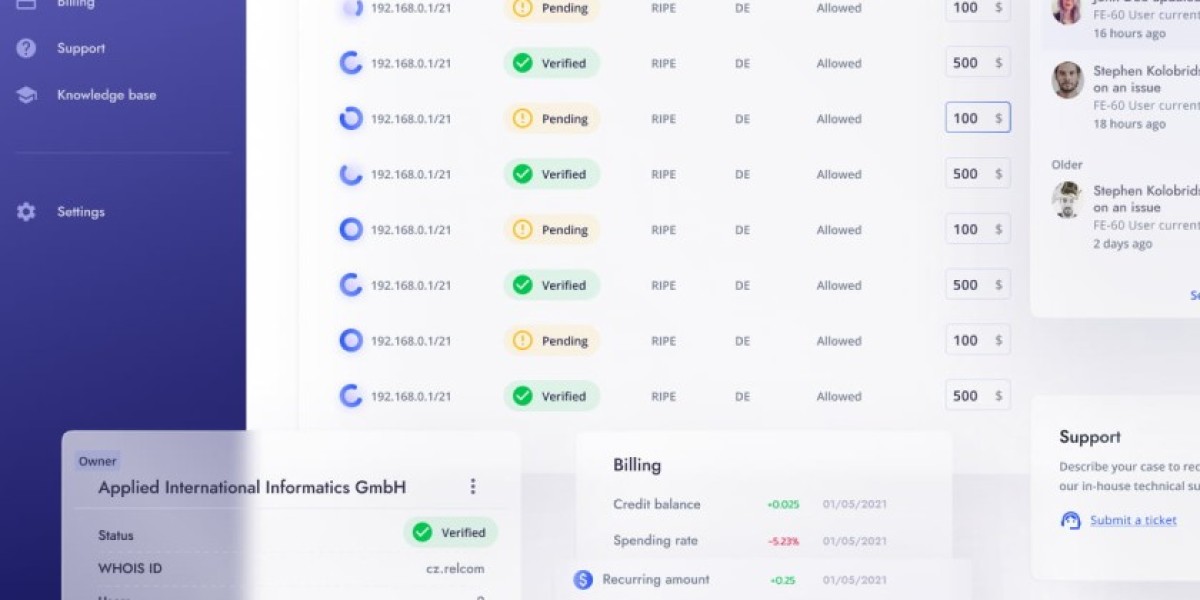In recent years, the concept of sustainable development has gained significant traction globally. It encompasses a holistic approach to economic growth, social inclusion, and environmental protection. One of the most critical components of achieving these goals is the transition to renewable energy. This article delves into the pivotal role that renewable energy plays in fostering sustainable development.
Understanding Sustainable Development
Sustainable development refers to meeting the needs of the present without compromising the ability of future generations to meet their own needs. It integrates economic, social, and environmental dimensions. The United Nations has outlined 17 sustainable development Goals (SDGs) aimed at addressing global challenges such as poverty, inequality, climate change, environmental degradation, peace, and justice.
The Importance of Renewable Energy
Renewable energy sources, such as solar, wind, hydro, and geothermal, are essential in reducing greenhouse gas emissions and combating climate change. By transitioning to these clean energy sources, countries can significantly lower their carbon footprints. This shift not only helps in achieving sustainable development but also promotes energy security and economic growth.
- Reduction of Carbon Emissions: Renewable energy sources produce little to no emissions during operation, which is crucial for mitigating climate change.
- Job Creation: The renewable energy sector has the potential to create millions of jobs worldwide, contributing to economic growth.
- Energy Independence: By harnessing local renewable resources, countries can reduce their dependence on imported fossil fuels.
Challenges in Transitioning to Renewable Energy
While the benefits of renewable energy are clear, several challenges hinder its widespread adoption. These include technological barriers, high initial costs, and the need for supportive policies. How can governments and organizations overcome these obstacles? By investing in research and development, providing incentives for renewable energy projects, and fostering public-private partnerships, the transition can be accelerated.
Renewable Energy and Economic Growth
The integration of renewable energy into the economy can lead to sustainable growth. For instance, countries that invest in clean energy technologies often experience a boost in innovation and competitiveness. Furthermore, renewable energy projects can stimulate local economies by creating jobs and enhancing infrastructure.
Conclusion: A Path Towards Sustainable Development
In conclusion, the role of renewable energy in achieving sustainable development goals cannot be overstated. As nations strive to create a more sustainable future, embracing renewable energy is not just an option; it is a necessity. By prioritizing clean energy solutions, we can ensure a healthier planet for future generations. For more insights on sustainable practices, consider exploring resources that highlight innovative solutions in this field. You can also check out this for inspiration on sustainable living.








